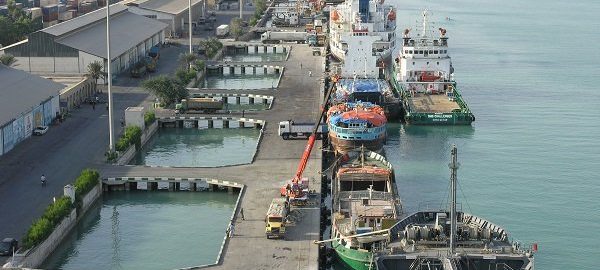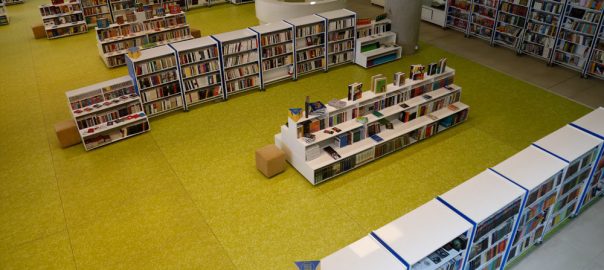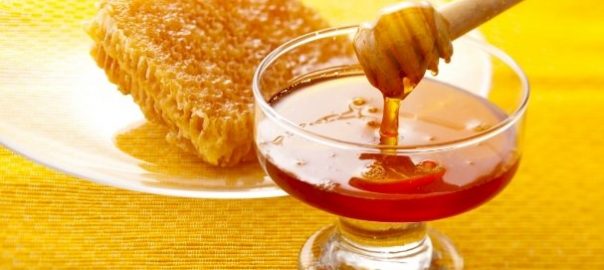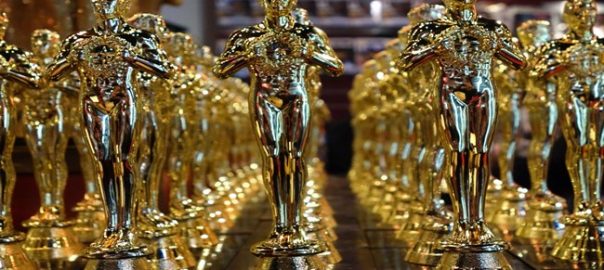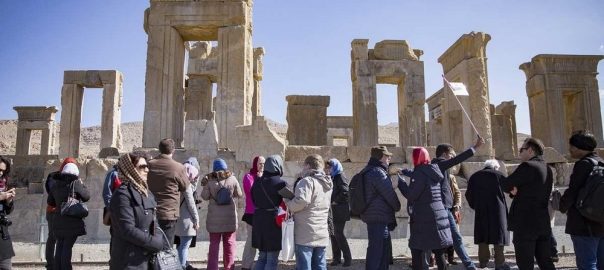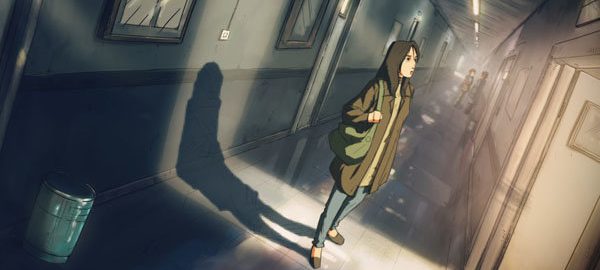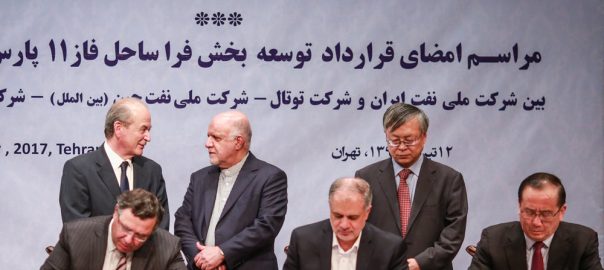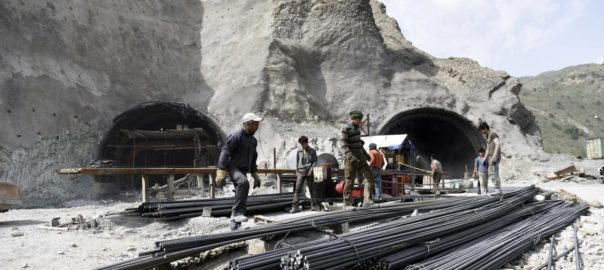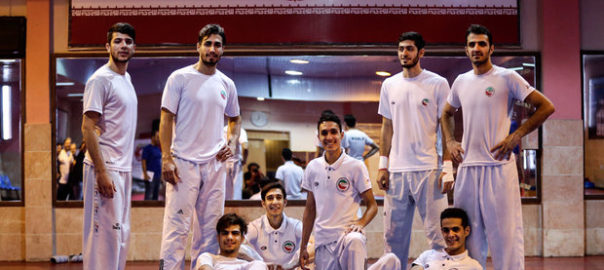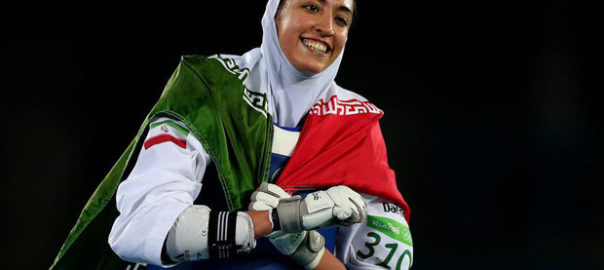Iran’s sixth five-year development plan (2017-22) stipulates that the total length of Iran’s freeways should reach 7,500 kilometers by 2022
There are 900 kilometers of freeways under construction in Iran, the deputy head of Construction and Development of Transportation Infrastructures Company, affiliated to the Ministry of Roads and Urban Development, said.
Seyyed Hossein Mirshafi also referred to Tabriz-Marand-Bazargan and Isfahan-Shiraz freeways as two major projects currently under construction, the ministry’s news portal reported.
Details of the two projects as well as another ambitious Iranian freeway under construction, namely Tehran-North Freeway, are outlined below based on Mirshafi’s remarks and other sources gathered by Financial Tribune.
Tabriz-Marand-Bazargan Freeway
The project, launched early April, includes four sections, spanning 253 kilometers from Tabriz, the capital of the northwestern East Azarbaijan Province, to the city of Bazargan on Iran-Turkey border.
Bazargan accounts for a considerable share of road transportation between Iran and Turkey.
The 63-kilometer-long Section 1, starting from Tabriz, needs 9.4 trillion rials ($250 million) in investment.
Mirshafi said the section is being constructed by domestic private companies and will be completed in the next Iranian year (March 2018-19).
Isfahan-Shiraz Freeway
The 225-kilometer freeway project, comprised of six sections, will connect the central provincial capital of Isfahan to the southern city of Shiraz in Fars Province, according to its contractor, Isfahan-Shiraz Freeway Company.
The project needs 16 trillion rials ($426 million) in investment.
According to Mirshafi, the freeway will cut short the current route between the two cities by 100 kilometers.
The first section, with a length of 54 kilometers, will be completed by September 2018, the official said.
The freeway is designed to connect with another freeway project in Isfahan Province that stretches 93 kilometers.
According to Mirshafi, 63 kilometers of the project are under construction and the government is in talks to finalize a contract for the remaining 30 kilometers.
Tehran-North Freeway
The freeway connecting the capital Tehran to Chalous in Mazandaran Province is an ambitious project prioritized by the government in recent years.
The mega project worth $2.2 billion consists of four sections spanning 121 km.
The 32-km Phase 1, which is almost 85% complete, will shorten the existing route from Tehran to the Caspian city by 60 kilometers.
This part includes a 6,400-meter tunnel, the excavation work of which has been completed recently. Section 1 is scheduled to be completed before the calendar year is out in March 2018.
Sections 2 and 3 pass through rugged mountainous terrain and will take longer to complete. The 20-km Section 4 was inaugurated in March 2014.
Mostazafan Foundation, the largest charity and the second-largest socioeconomic conglomerate, is undertaking the project.
The construction of Section 2 of the project was officially launched on June 17 in the presence of First Vice President Es’haq Jahangiri, Minister of Roads and Urban Development Abbas Akhoundi and the head of Mostazafan Foundation, Mohammad Saeedikia.
According to Jahangiri, the 22-kilometer stretch is being constructed by four Iranian contractors.
Tehran-North Freeway is 20 years in the making.
Plan for Further 500 Kilometers
According to Mirshafi, talks are in final stages to sign contracts to start the construction of 500 km of freeways across the country.
“We have also signed 40 memorandums of understanding to build new freeways,” he said, adding that the Cabinet has yet to approve these preliminary deals before they can end up becoming firm contracts.
Among the new projects in the making, he referred to a freeway from Mashhad to Qouchan, which is being negotiated with Iran’s Astan Quds Razavi—a charitable conglomerate based in Mashhad and engaged in a wide range of economic activities—as well as a 1,000-km freeway from the city of Qom to Mashhad, which is to be carried out by Iran’s Revolutionary Guard Corps’ Khatam Al-Anbia Construction Headquarters.
The Parsian-Lamerd project, freeways in Sirjan and Arak counties and part of a freeway from Bandar Abbas to Tehran are also among projects yet to be finalized.
Back in July 2016, the Iranian government signed a €3.6 billion deal with Italy’s highway agency ANAS for the construction and management of a 1,200-km road project linking the Persian Gulf port of Bandar Imam Khomeini to Bazargan on Iran’s border with Turkey.
Iran’s sixth five-year development plan (2017-22) stipulates that the total length of Iran’s freeways should reach 7,500 kilometers by 2022. Currently, there are 2,500 kilometers of freeways across the country. / Financial tribune /

